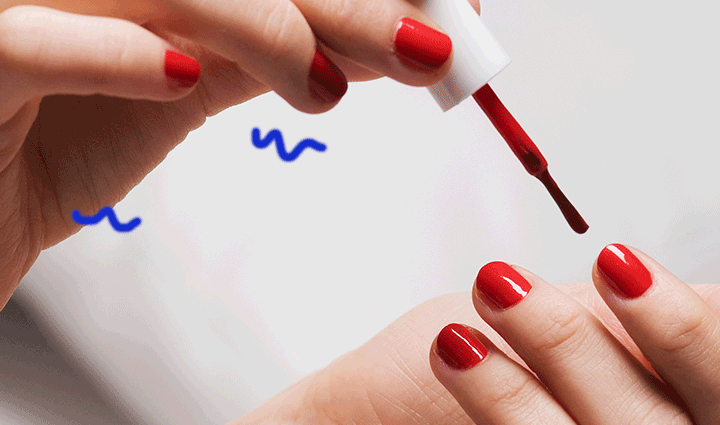Contents
Shaking hands: what causes?
Having shaky hands is a symptom that can occur at rest or in action. It can be a simple sign of stress, but can also hide serious neurological damage. So it is necessary to be taken care of.
Description of shaking hands
Tremors are defined as rhythmic and oscillatory movements, in other words involuntary jerks, which occur on a part of the body. They are not associated with any loss of consciousness, as is the case with convulsions (defined by the involuntary and sudden onset of muscle spasm throughout the body).
Having your hands shaking is very debilitating. The affected person finds it difficult to brush their teeth, tie their shoes, write … simple everyday actions become more difficult to perform, when it is not downright impossible.
Causes of shaking hands
A strong emotion, stress, fatigue or a lack of sugar (temporary hypoglycemia) can be the cause of shaking hands. We then speak of physiological tremors. But these are not the only causes of tremors in the hands. Let us quote:
- resting tremor, which occurs when muscles are relaxed:
- it may be caused by Parkinson’s disease;
- taking neuroleptics;
- neurodegenerative diseases;
- or Wilson’s disease;
- in Parkinson’s disease, the tremor usually affects only one side of the body: a hand and sometimes even a finger;
- action tremor, which occurs when the hand holds an object (when eating or writing, for example):
- it can occur when taking medication (such as antidepressants, corticosteroids, psychostimulants, etc.);
- in case of hyperthyroid disorder;
- or alcohol or drug withdrawal;
- this type of tremor also includes the so-called essential tremor, which is the most frequent (we also speak of hereditary tremor).
Note that essential tremor affects the hand, but can also affect, to a lesser extent, the head. It affects about 1 in 200 people.
Evolution and possible complications of shaking hands
If the hand tremor is not taken care of, the affected person may have more and more difficulty with the tasks of daily living: it may be difficult to write, to wash, but also to eat. . To this can be added a withdrawal into oneself.
Treatment and prevention: what solutions?
To make his diagnosis, the doctor:
- begins by questioning the patient to find out about the occurrence of hand tremors (sudden or progressive, etc.) but also about the conditions of their presence;
- then he performs a rigorous clinical examination during which he tries to detect a tremor of rest or action.
The doctor may also suggest specific tests, such as a writing test. It is used, for example, to detect the presence of a neurological disease.
Depending on his diagnosis, the doctor may offer several treatments, and in particular:
- beta blockers;
- benzodiazepines;
- anti-epileptics;
- anxiolytics.
In cases where treatment with medication does not work, the doctor may suggest injections of botulinum toxin (which causes paralysis of the muscles), neurosurgery or deep brain stimulation.










